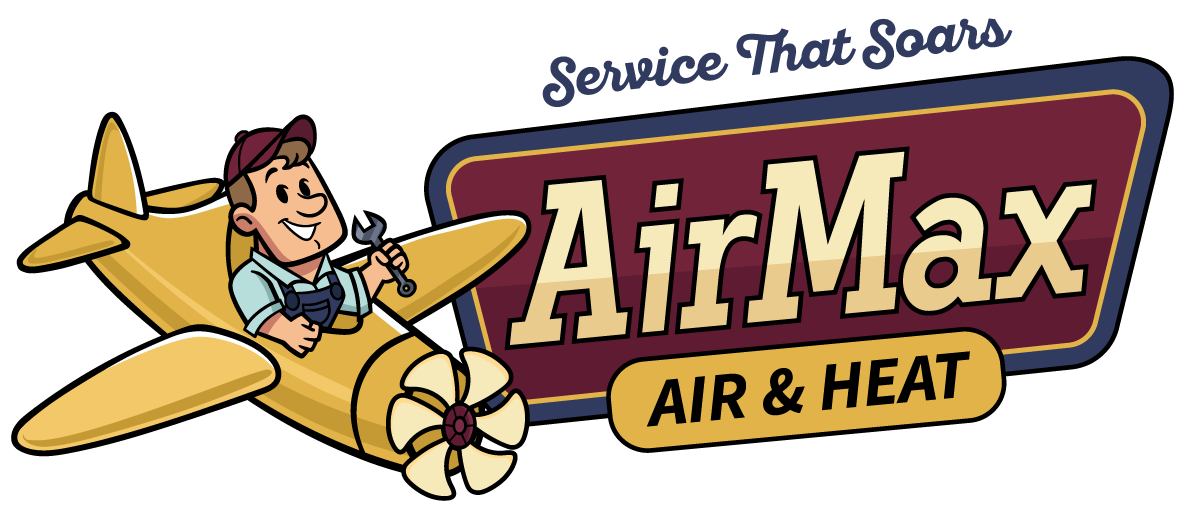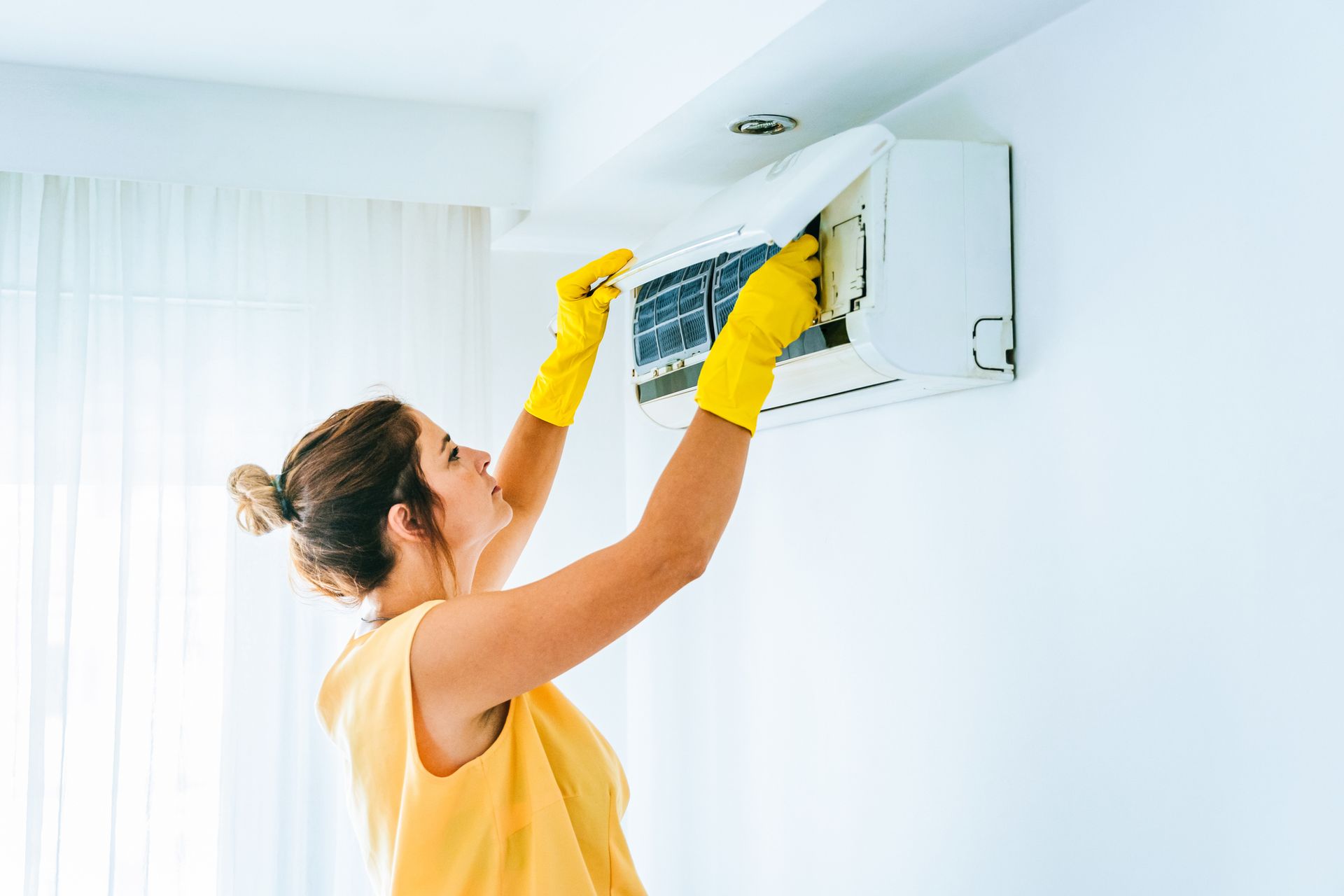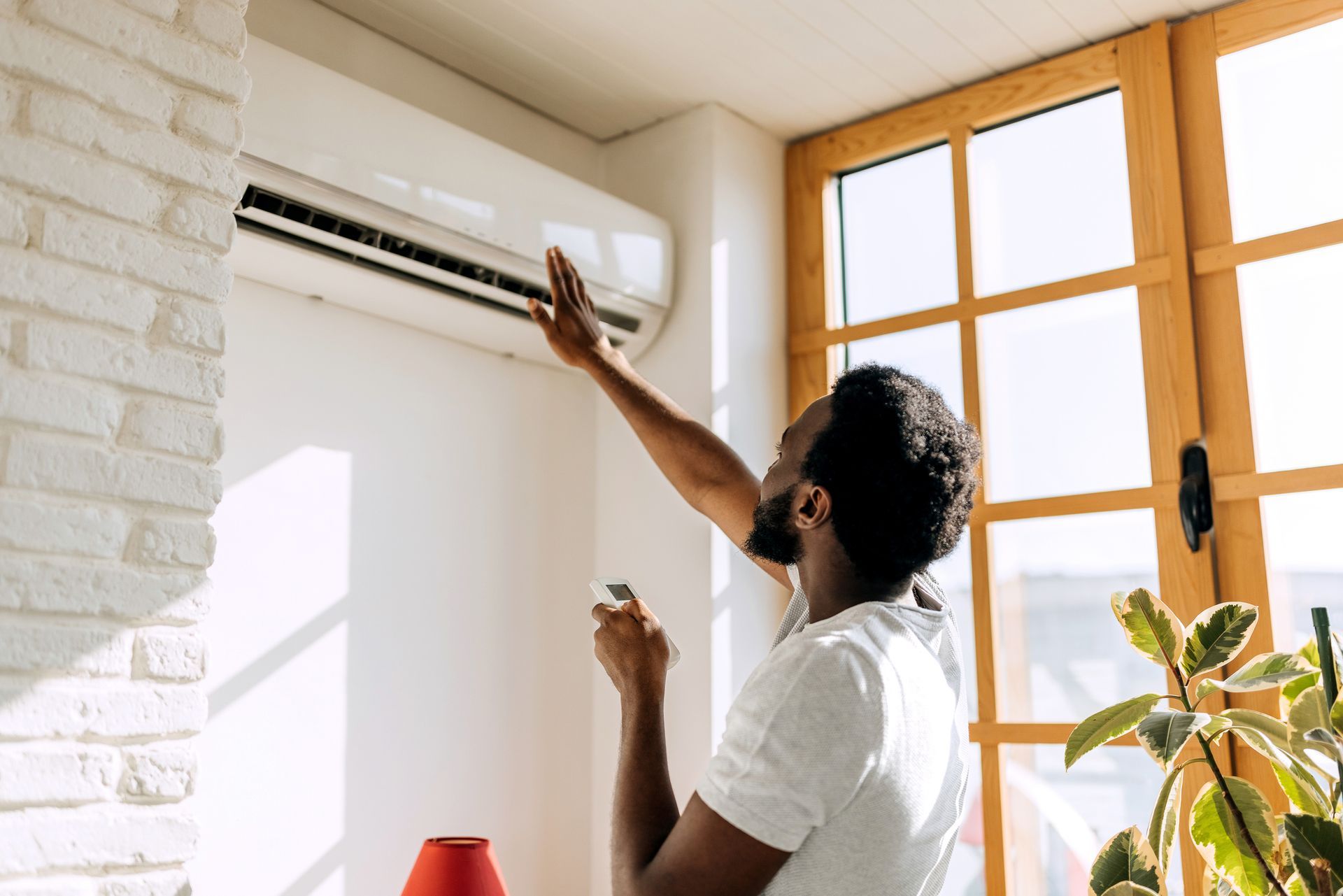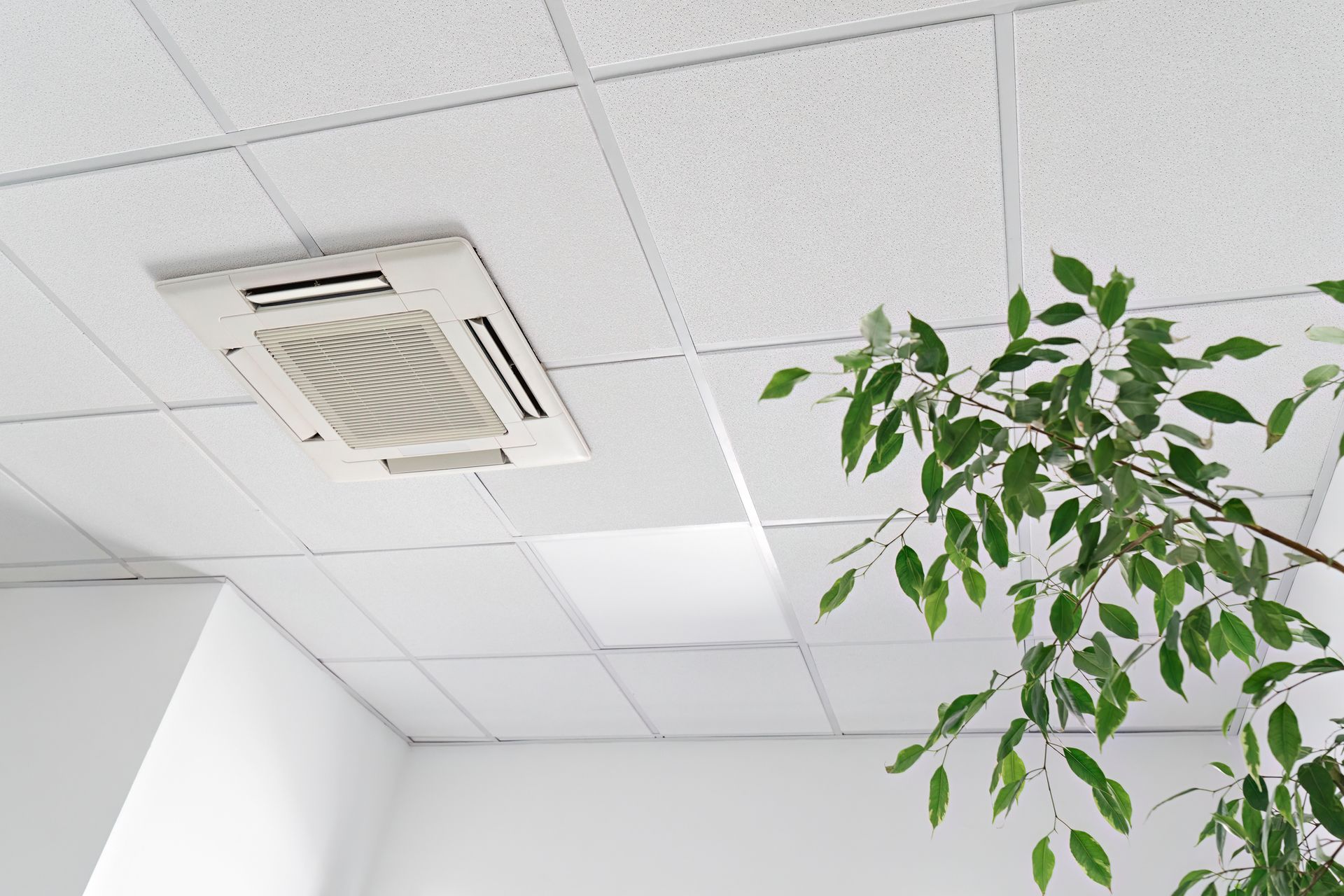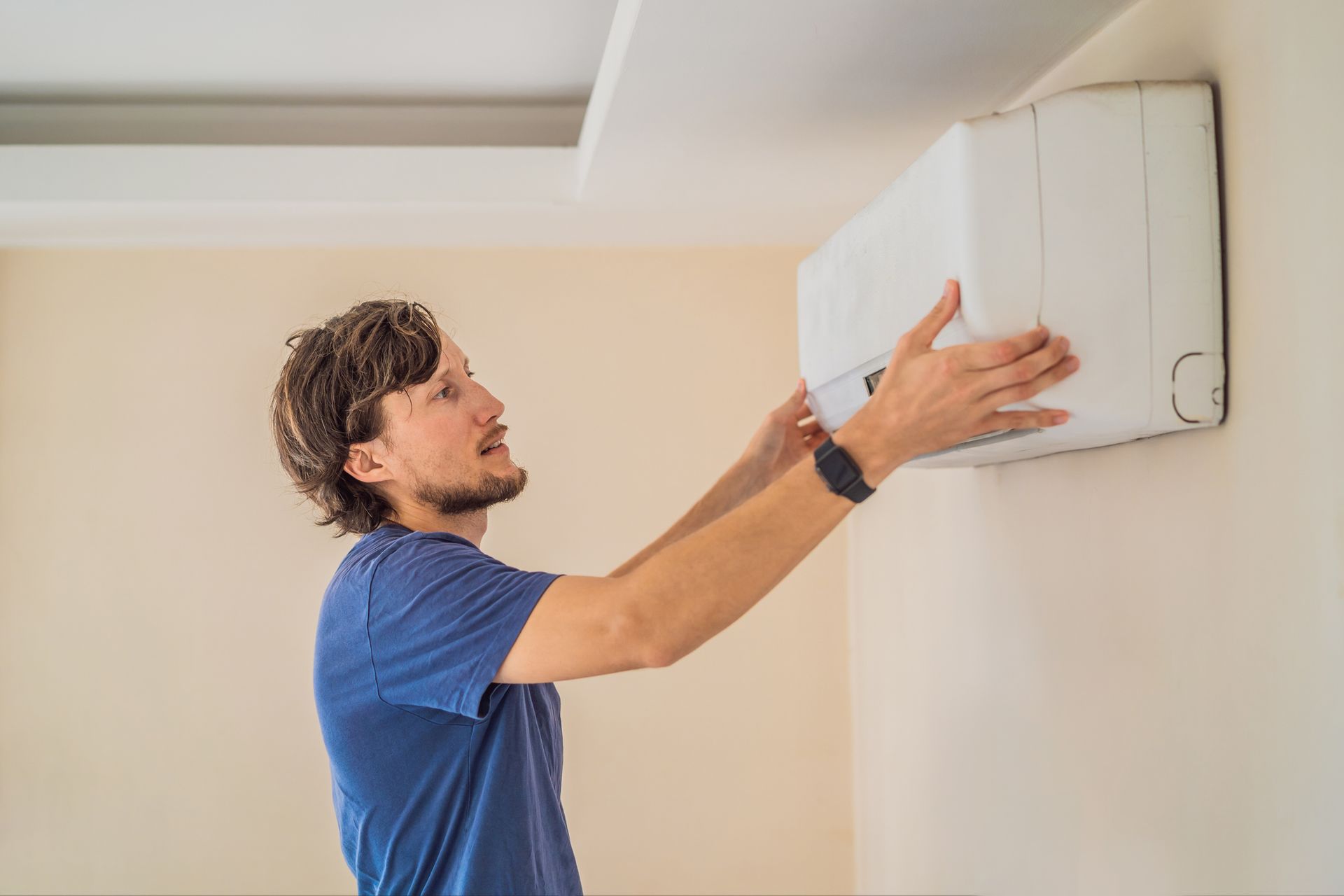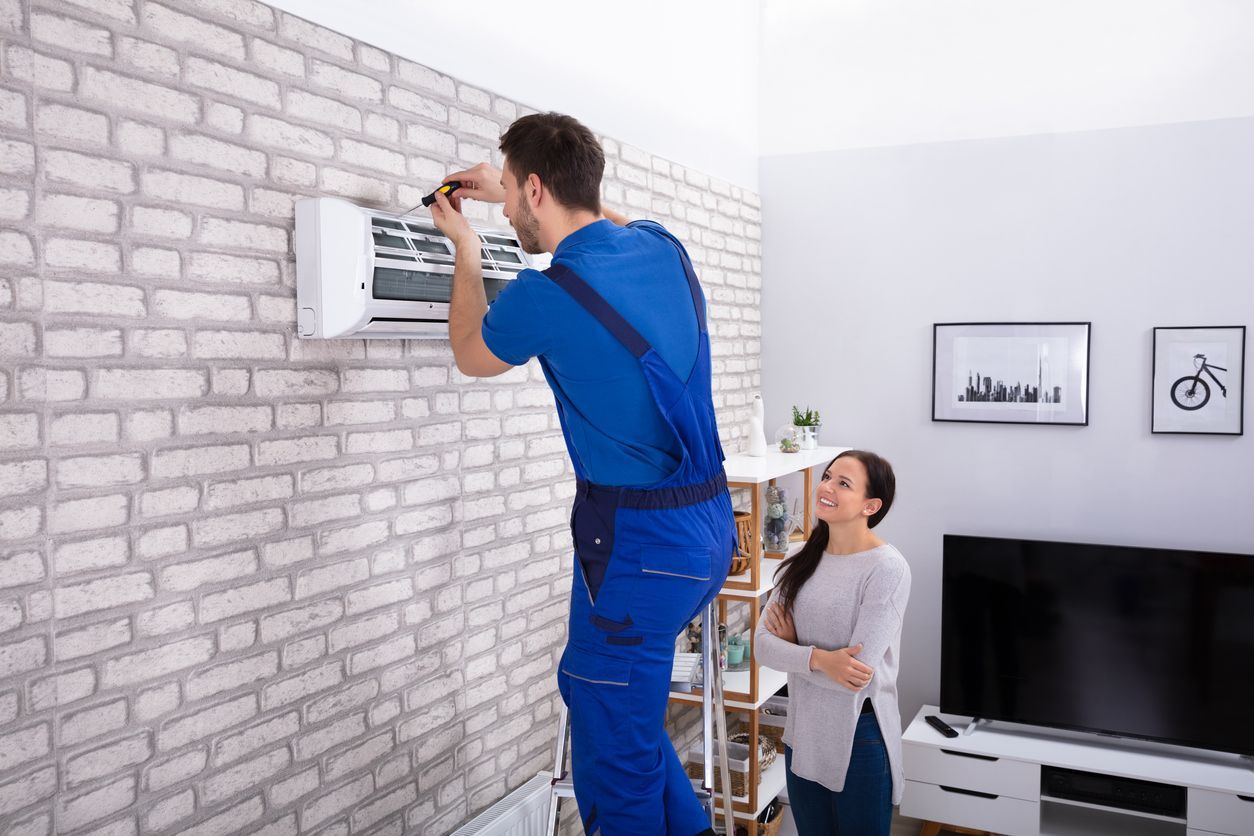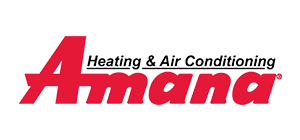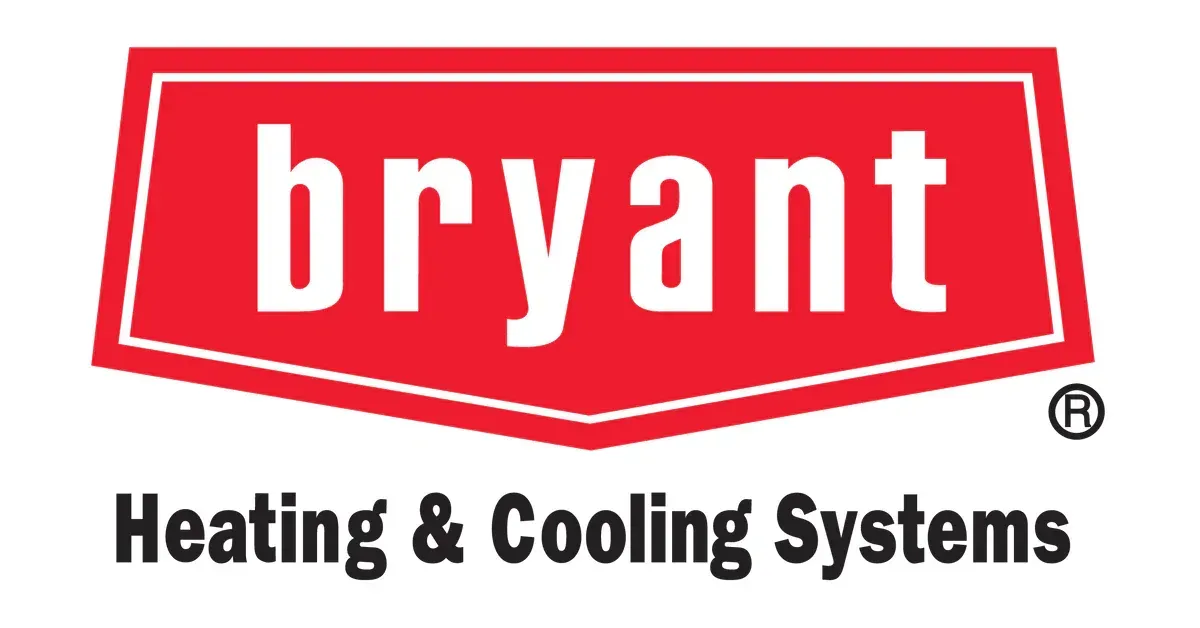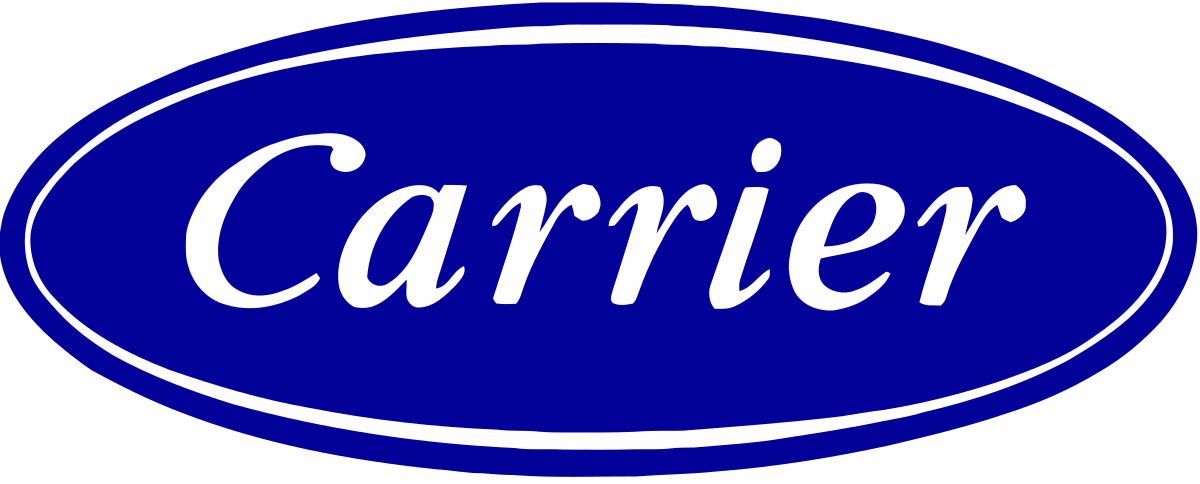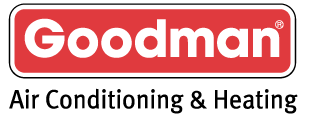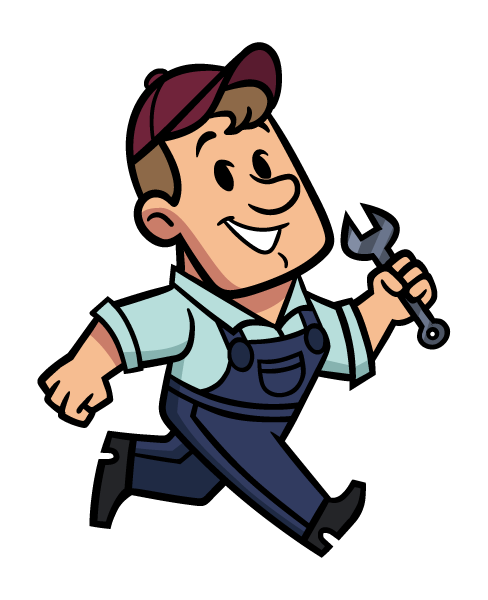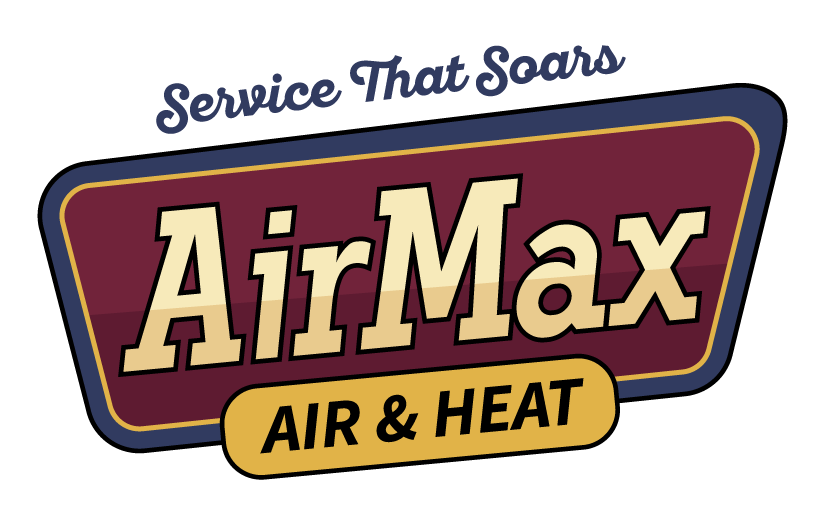The Role of Quality Air Filters in Your HVAC System
When your HVAC system runs day after day, especially during the hot stretch of late summer in Collin County, it’s easy to forget about one small piece that plays a big role: your air filter. This thin but powerful layer traps dust, pollen, pet hair, and all kinds of other stuff from getting into your system and blowing back into your air. Without it, your indoor air would feel heavy, dirty, and just not right.
Air filters don’t just help you breathe cleaner air. They also keep your HVAC system from working harder than it needs to. When filters get clogged or ignored too long, airflow drops and strain builds up in the system. That can lead to breakdowns, warm spots in your home, or higher energy bills without much payoff. So if you live in Collin County and haven't checked your air filter lately, it might be time to take a closer look.
Why Quality Air Filters Matter
Air filters act like the gatekeepers of your HVAC system. They capture the small particles floating through the air that you can't see but definitely feel. Dander, dust, smoke, and even outdoor pollutants get pulled into your system by forced air. Without a filter or with one that’s in bad shape, those particles cycle right back through your vents.
Here’s how a clean, high-quality air filter makes a difference in your home:
- It keeps your indoor air feeling fresh and breathable.
- It helps reduce the amount of allergens in your home, which can be helpful for families with asthma or seasonal allergies.
- It prevents buildup on HVAC components, so the system lasts longer and doesn't wear out as fast.
- It improves airflow, which helps your system cool or heat rooms more evenly and easily.
- It can support better energy efficiency because the system doesn't have to work extra to push air through a clogged filter.
A quality filter helps you get the most out of your HVAC setup. One family in McKinney noticed that certain rooms would get stuffy or warmer than others, even when their AC was running full blast. When they had their system checked, the technician found a filter so dirty it looked like a mat of thick gray fuzz. Replacing it didn’t just fix the airflow, it lowered the stress on the whole unit.
If you’ve had your HVAC system running hard to beat the heat, that filter might have collected more debris than you think. Checking it or replacing it with a better-quality one can go a long way toward keeping your home cool without wasting energy.
Types of HVAC Air Filters and Their Pros and Cons
Not all air filters are the same. Depending on where you live and what your home needs, one type of filter might make more sense than another. In Collin County, where late summer air can carry allergens, debris, and even dry grass particles, the type of filter you use does matter.
Here’s a quick run-through of some common household options:
1. Fiberglass Filters
- Cheap and disposable
- Good for basic dust blocking
- Don't catch smaller particles
- Usually need frequent replacement
2. Pleated Filters
- Made with cloth-like materials
- Catch smaller particles better than fiberglass
- Come in different thicknesses
- Can slightly reduce airflow if too dense
3. Electrostatic Filters
- Use static charge to attract dust
- Often washable and reusable
- Good for homes with pets
- Need regular cleaning to stay effective
4. HEPA Filters
- Capture very small particles
- Not standard in all HVAC systems
- Best for allergy relief
- May require system modification to fit
Each type of filter has tradeoffs between cost, airflow, filtration level, and maintenance. For many homes in Collin County, pleated filters offer solid filtration without overworking the AC or furnace. If you're unsure what's in your system now, or whether it can handle a higher-rated filter, it’s worth checking the manual or asking a technician during your next service.
Signs You Need to Replace Your Air Filter
Air filters don’t last forever. Over time, they collect dirt, debris, and particles until they stop doing their job effectively. Knowing when to replace your filter can help your HVAC system breathe easier and keep your home feeling more comfortable.
Look out for these signs that your air filter has gone too long without a swap:
The filter looks dirty or discolored. If you can’t see through it when held up to the light, it’s time for a new one.
- Airflow feels weaker than usual. Rooms may take longer to cool or feel uneven in temperature.
- Indoor air starts to smell musty or dusty. Dirty filters can’t block odors well.
- You or your family experience more allergy symptoms indoors.
- Your energy bills creep up with no other clear reason.
- The HVAC system feels like it’s running nonstop or short cycling.
In Collin County, where we get a good mix of heat, dust, and pollen in late summer, filters may need to be checked more often than expected. If you’ve recently had days with high AC use or live near open fields or construction zones, your filter may clog quicker. A quick peek inside your return vent is all it takes to see if things are getting gunky. If it’s been several months or you can’t remember the last time you replaced it, it’s probably overdue.
Staying on top of filter changes might seem small, but it can keep big HVAC issues away. Treat the filter like the system’s first line of defense. It’s a part worth giving attention.
How to Choose the Right Filter for Your Home
If you’ve ever found yourself standing in an aisle staring at a wall of filters, you’re not alone. Between sizes, brands, and ratings, it can get confusing fast. But picking the right one comes down to a few simple details.
Start by checking the size of your current filter. It’s usually printed right on the edge of the frame. Make sure your replacement matches this size exactly. A poorly sized filter won’t sit right and can let unfiltered air slip past.
Next, look at the MERV rating. MERV stands for Minimum Efficiency Reporting Value. It’s a scale from 1 to 20 that ranks how well a filter catches particles.
- MERV 1-4: Catches larger particles like carpet fibers. Basic use.
- MERV 5-8: Better for household dust and pollen. Good balance of airflow and filtration.
- MERV 9-12: Comfortably traps fine particles and allergens. Popular for homes with pets.
- MERV 13+: Captures microscopic particles. Great for high air quality needs but may affect airflow in some systems.
Most homes do well with a filter in the MERV 8 to 11 range. Going higher isn’t always better if your HVAC system wasn’t built for it, especially during peak workload seasons like late summer in Collin County.
Set a reminder to check or replace your filter every 1 to 3 months depending on your lifestyle. Households with pets, allergies, or a lot of foot traffic may need to change them more often. In August, when AC systems run harder and the outdoor air gets drier and dustier, you might need to check them monthly.
Why Regular Maintenance Keeps Your Filter Working Smarter
Routine HVAC maintenance isn’t just about checking the thermostat and moving on. It's what helps every part of your system, especially your filter, stay in shape. Without regular service, even the best air filters can’t make up for a struggling or dirty system.
Here’s what happens during a standard maintenance check that benefits your filter:
- Vents and air return pathways get checked for blockages
- Coils and fans stay free of buildup so they don’t blow more dust into the filter
- The filter itself can be changed or inspected for damage
- System pressure is assessed to make sure airflow stays steady
If parts of your system go unchecked, a good filter can get overwhelmed faster. For instance, clogged condensate drains or grimy ductwork can force dust and particles back into circulation, shortening your filter’s lifespan. On the flip side, a neglected filter can lead to bigger maintenance issues, like frozen coils or overheating.
Scheduled visits help spot these things before they turn into bigger repairs. And they give you a chance to consistently track filter needs without guessing each time.
Keeping Your Collin County Home Comfortable and Efficient
A clean air filter does a lot more than prevent dust bunnies. It keeps your HVAC system breathing, your energy use steady, and your indoor air fresh, especially during a Collin County summer when systems work overtime. If your filter is overdue for a change or you’ve noticed things don’t feel quite right, that small swap could make a big difference.
Simple steps like filter replacement and routine check-ups can head off bigger problems before they start. Whether you’re feeling warm spots, stuffy rooms, or rising electric bills, your air filter might be the first thing to look at. Keeping your HVAC system ready to tackle hot summers just takes a little attention and timely care.
Keep your Collin County home comfortable year-round by staying on top of HVAC maintenance and air filter upkeep. When it's time for an
air filter replacement in Collin County, let us help you choose the right option for your needs. For dependable advice and professional support, Airmax Air Conditioning & Heating is here to make sure your home stays in top shape.
